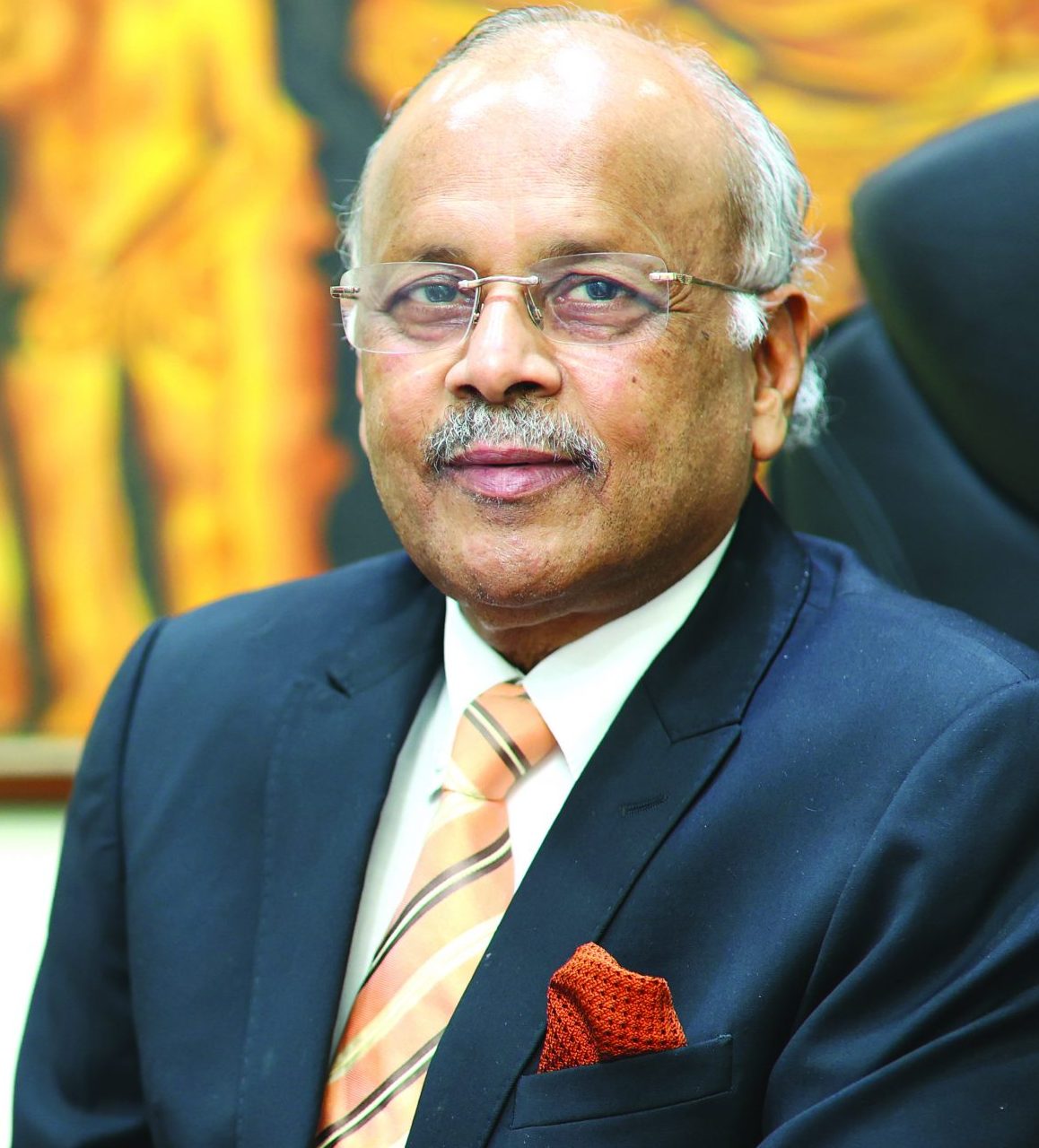In this General Election-eve story, we assess the track record of the Modi government — the first non-Congress government to have completed ten years in office in independent India — in early childhood, primary-secondary, skilling and higher education writes Summiya Yasmeen

Prime Minister Narendra Modi: eventful decade for Indian education
Speed & scale reforms
 Shishir Jaipuria is Chairman of the Seth Anandram Jaipuria Group of Educational Institutions and also Chairman of FICCI-ARISE (Alliance for Reimagining School Education).
Shishir Jaipuria is Chairman of the Seth Anandram Jaipuria Group of Educational Institutions and also Chairman of FICCI-ARISE (Alliance for Reimagining School Education).
What is your assessment of the government’s efforts to implement reforms and initiatives in school education during the past ten years?
India has been defined by its ambition, aspirations, and eagerness to narrow the gap with developed countries during the past decade. Under the current leadership, the Indian education ecosystem is adapting to evolving trends and seizing opportunities.
A major achievement of the government has been reforms at speed and scale. The visionary NEP 2020 has the potential to generate a seismic shift in K-12 education through a switch to experiential learning, critical thinking, problem solving, professional development of teachers and building a culture of research, creativity and innovation. Another laudable thrust area of the government has been promotion of skill development and vocational training through the Skill India Mission and Pradhan Mantri Kaushal Vikas Yojana.
In school education, a number of key initiatives have been launched such as PM SHRI Schools, National Initiative for Proficiency in Reading with Understanding and Numeracy (NIPUN Bharat), PM e-VIDYA for digital education, NCF for Foundational Stage, NCF for School Education, and NISHTHA (National Initiative for School Heads’ and Teachers’ Holistic Advancement).
Achieving the prime minister’s Viksit Bharat vision requires an education infrastructure and academic ecosystem that facilitates provision of quality education to all children and youth. A flexible regulatory framework is crucial, enabling every education institution to excel in its area of expertise while fostering innovation and ensuring transparency.
What should be the Top 3 education priorities of the new government?
I would rather want to highlight the first 100 days agenda for the new government. My wish list:
- First, prioritise and invest in early childhood care and education and foundational literacy and numeracy (FLN). A PM-led National level Information, Education, Communication (IEC) campaign should be launched to increase national awareness of FLN.
- Second, we need to improve digital infrastructure in schools in mission mode. A national level assessment of K-12 infrastructure needs to be done to improve digital connectivity of schools countrywide. We also need to focus on addressing the problem of teacher shortages and learning gaps of students.
- Third, liberalise private education. There is urgent need for the government to incentivise ‘high-quality’ private education groups to expand capacity. I recommend permitting schools to be set up in the following three structures: government funded/aided; private philanthropy; private for-profit. This is a great way to attract long-term patient capital, generate competition and provide affordable and high-quality education to India’s children.
- Fourth, we need a National Mission on AI (artificial intelligence) for Teachers with an initial government investment of Rs.2,000 crore for training teachers in AI technologies.



























